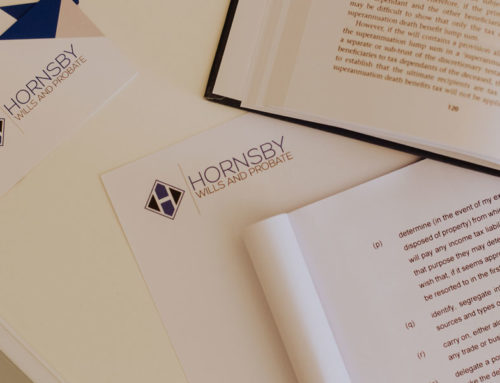A testamentary trust is a trust that is created by a will. The most common type of testamentary trust is a minor’s trust, where a gift for a minor is simply held for them by another person (the trustee) until they turn 18.
Other types of trusts can also be established under wills, including discretionary trusts. Discretionary trusts, when not established under wills, are often called family trusts. In this type of trust, the interests of beneficiaries are not fixed, and the trustee can choose when and to whom to make distributions of income or capital. The identity of the trustee, the potential beneficiaries and any rules about distributions are set out in the will.
The ability to decide where income is directed allows the trustee to reduce the overall tax paid on investments because distributions can be made to beneficiaries with lower taxable incomes. Testamentary trusts can also distribute to minors without attracting penalty rates of tax.
Trusts can also be used to protect assets. In a discretionary trust, beneficiaries do not own or have any direct entitlement to property in the trust so it is protected from creditors and, in some cases, from property settlements on divorce.
Including a discretionary trust in your will adds a great deal of complexity to it. It also increases the cost of both preparing the will and administering your estate after your death. However, where your estate is large enough produce ongoing income, or where your beneficiaries are at risk, a testamentary discretionary trust can be a very useful estate planning tool.
If you would like advice on including a trust in your will, contact Althea Willis at Hornsby Wills and Probate on 0410 485 277 or by email to






Leave A Comment